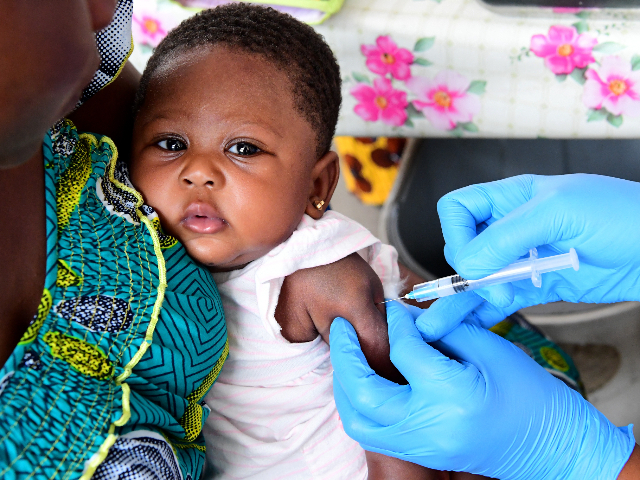
[ad_1]
On June 15, during the Gavi Global Vaccine Impact Conference in Madrid, Spain, the Church of Jesus Christ of Latter-day Saints committed $3 million USD, to be matched by the Gavi, the Vaccine Alliance Matching Fund, providing a total of $6 million USD. The donation will strengthen the Alliance’s efforts to vaccinate children across Africa against malaria in advance of vaccine rollouts later this year.
| Temple Square is always beautiful in the springtime. Gardeners work to prepare the ground for General Conference. © 2012 Intellectual Reserve, Inc. All rights reserved. | 1 / 2 |
Download Photos
Austin Demby, Minister of Health and Sanitation, Sierra Leone, said, “Immunization programs are an investment in human capital. They improve public health, life expectancy, and work performance. They are a down payment for future economic prosperity.”
It is estimated by the World Health Organization (WHO) that more than 260,000 African children under the age of five die from malaria annually. The donation from the Church of Jesus Christ of Latter-day Saints will support the coordinated efforts of Gavi, UNICEF, WHO, and others, to produce and distribute the new RTS,S malaria vaccine. In 2023, this contribution will supply vaccine procurement to nearly 39,500 individuals.
RTS,S is a vaccine that acts against Plasmodium falciparum, the deadliest malaria parasite globally and the most prevalent in Africa. RTS,S is the first malaria vaccine recommended for use to prevent malaria in children in areas of moderate to high malaria transmission.
Kwaku Agyeman-Manu, Minister of Health, Ghana, and a member of the Church of Jesus Christ of Latter-day Saints, said, “The malaria vaccine can end years of suffering in Ghana from this terrible disease—in communities across my country people are excited and demand is high.”
The Church of Jesus Christ of Latter-day Saints has supported Gavi, The Vaccine Alliance, since 2011, contributing over $11 million to various vaccine initiatives. The Church of Jesus Christ of Latter-day Saints gives monetary support to prominent global immunization partners to procure and deliver vaccinations, monitor diseases, respond to outbreaks, train health care workers, and develop elimination and eradication programming. The results include more immunized children and fewer lives lost to malaria, measles, rubella, maternal and neonatal tetanus, polio, diarrhea, pneumonia and yellow fever.
[ad_2]
Source link